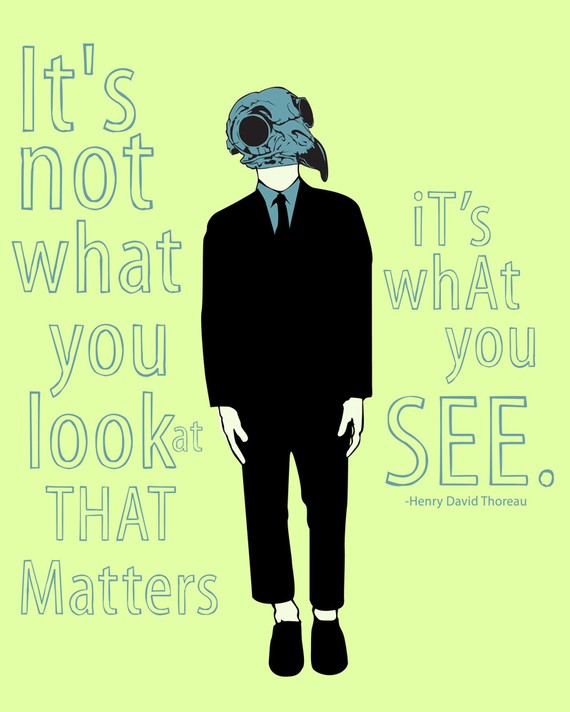Irrigation Performance Study Consultant: GRM
Deadline: 19 September 2013
Location: Masvingo Province
Short-term assignment
Background
From October 2010, GRM has been implementing a multi country smallholder agricultural development project covering selected areas of Zimbabwe, Swaziland and Lesotho known as the Seed and Markets Project (SAMP). The overall goal of the project was to influence policies and strategies related to seed security through piloting innovative approaches. Emphasis of the project has been on strengthening local seed production and output markets in order to generate security of quality inputs as well as inject cash within the rural economy. The project is being funded by the Swiss Agency for Development and Cooperation (SDC) and is approaching the end of its first phase. A second phase is planned for 2013-16 which will build on the pilot lessons learned from phase 1.
Roles and responsibilities
Under direct supervision of the SAMP Team Leader and working closely with the National Project Coordinator based in the Masvingo Provincial Office, the main roles and responsibilities of the Irrigation Consultant will be the following;
Preliminary assessment
The potential to increase productivity of the schemes, market linkages, and the ability of communities to manage the scheme are the main priorities.
The Assessment includes
1. Preparation of work plan and appropriate research tools for the field work.
2. A schedule of Meetings/Interviews with stakeholders of the National, District and public sector and private companies.
3. Conducting the rapid assessment.
4. Preparation and presentation of report findings.
Detailed assessment
In order to establish the potential, the opportunities and the challenges, this study should conduct: A rapid field appraisal on the schemes to come up with a detailed assessment of:
1. Brief state of irrigation infrastructure, conveyance & infield, electricity and buildings for possible value addition.
2. Irrigation water availability, reliability, distribution efficiency and gender equity among irrigators.
3. Current cropping activities (cropping programs and rotations, cropping intensity, input use, yield levels)
4. Operational management and costs related to water, power and general scheme repairs and maintenance.
5. Assess the human capacity, and dynamics of communities in the irrigation schemes their historical social and economic background ( major stakeholders e.g. water, power and extension related institutions)
6. Farmer organization and management set-up ( irrigation management unit, scheme constitution and by-laws and adherence to these, their work plans and budgets)
7. Viability of the schemes (access to markets, accessibility of scheme, plot sizes and food security situation around the scheme etc.)
8. Opportunities of surrounding communities for out grower schemes which are not directly benefiting from the irrigation scheme
9. Determine the agricultural management capacities of the respective groups, potentials and shortfalls. Define input requirements for the recommended crops and cropping programmes
10. Appropriate high potential crops, cropping patterns and rotations for each scheme
11. Make recommendations on high potential, high value crops, cropping systems and programmes
12. Make recommendations for possible crop intensification, production increases, and post-harvest requirements.
13. Make recommendations on training needs (e.g. specific agronomy, marketing, business training etc) required during project implementation.
Qualifications and experience
1. At least BSc degree in Irrigation Engineering with extensive knowledge of agronomy of field/horticulture crops including marketing experience.
2. At least ten years working experience in irrigation schemes and with communities in rural Zimbabwe.
3. Demonstrated knowledge and experience of social dynamics in communal areas of Zimbabwe.
4. Knowledge of the likely social constraints to successful operations of irrigation schemes, and the likely enabling social attributes leading to successful operations will be an added advantage.
5. Good writing and communication skills.
Duration of the assignment
Approximately 15 working days during the month of September/October 2013
To apply
To submit your application, please go to GRM international website http://www.grminternational.com or contact Vanessa.Garcia [at] grminternational [dot] com
Nationals are strongly encouraged to apply.











